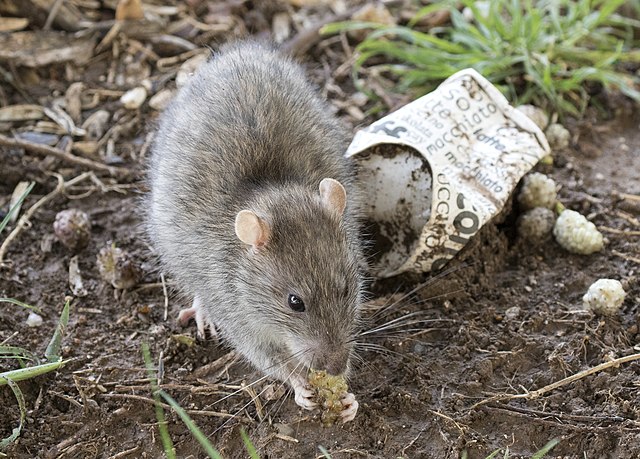A politician’s warning
In the run-up to the 1997 general election, John Major visited the former Sun editor Kelvin MacKenzie at his office in a Canary Wharf skyscraper, says Mark Mason in The Spectator. Looking out of the window, the prime minister commented: “Incredible view you’ve got from here, Kelvin.” “Yes,” replied MacKenzie. “On a clear day, you can almost see a Tory voter.”
Drunken sailors
Hennessy: non merci
Most iconic food and drinks tend to be consumed in large quantities by the countries that produce them, says Vine Pair. But not Cognac. Just 5.95 million bottles of the celebrated brandy were sold in its native France last year, 2.8% of overall production. It’s because Cognac isn’t really French at all – it was invented in the 17th century by the Dutch, who were looking for something with a long shelf life to give to sailors. The spirit was later popularised by the English (Martell) and the Irish (Hennessy). “In the minds of the French,” says Grey Goose cellar master Francois Thibault, “it’s something made by foreigners for foreigners.”
A worthy opponent in the animal kingdom
Rats are among the “most reviled animals in existence”, says James Greig in Dazed. They carry “vanishingly few positive connotations”. When someone snitches, they are a “rat”; when stifled by work, we’re caught in the “rat race”. In books like George Orwell’s 1984 and Albert Camus’ The Plague, they’re torture instruments and harbingers of disease: sly, untrustworthy and grotesque. But it’s high time the rodents had a “critical reappraisal”. Set aside your prejudice, and rats are “actually pretty cute” – certainly “no more loathsome” than squirrels or hamsters – and, despite being associated with squalor, “surprisingly clean”.
In ancient Rome, rats were associated with good fortune, while ancient Egyptians “upheld them as a symbol of wisdom”. The creatures still have divine connotations in many cultures today: the Hindu god Ganesha, for example, is often accompanied by a rat. And in many ways, they are our “mirror species”. Locked in a “symbiotic relationship” with us humans, they profit from our wars, rapacious consumption and wasteful habits far more than other creatures, which have instead dwindled and disappeared. They’re one of only a handful of species that have “thrived under human domination” – perhaps our only “worthy opponent” in the animal kingdom.
Know your political opponents
“When the former Lib Dem leader Paddy Ashdown gave me a copy of his memoirs,” says Rory Stewart on The Rest is Politics, “I was disappointed to see there was no inscription in the front. But when I turned to my own name in the index, I found a specially written message: ‘I thought you’d look here first, love Paddy.'”
Coronation protocol
The choirboys at Westminster Abbey at the coronation must have been hoping they were going to be treated rather better than their predecessors at Queen Elizabeth’s crowning in 1953, says Patrick Kidd in The Times. “Their packed lunches included bottles of milk, which they were told to keep when empty in case they needed to spend a penny during the long service.”
It’ll never happen at Rye News
On 18 April, 1930, the announcer on the BBC’s 8:45pm news bulletin simply said: “There is no news.” The rest of the 15-minute broadcast was filled with piano music.
Image Credits: Zeynet Cebeci https://commons.wikimedia.org/wiki/File:Rattus_norvegicus_-_Brown_rat_01.jpg Creative commons 4.0 https://creativecommons.org/licenses/by-sa/4.0/.



